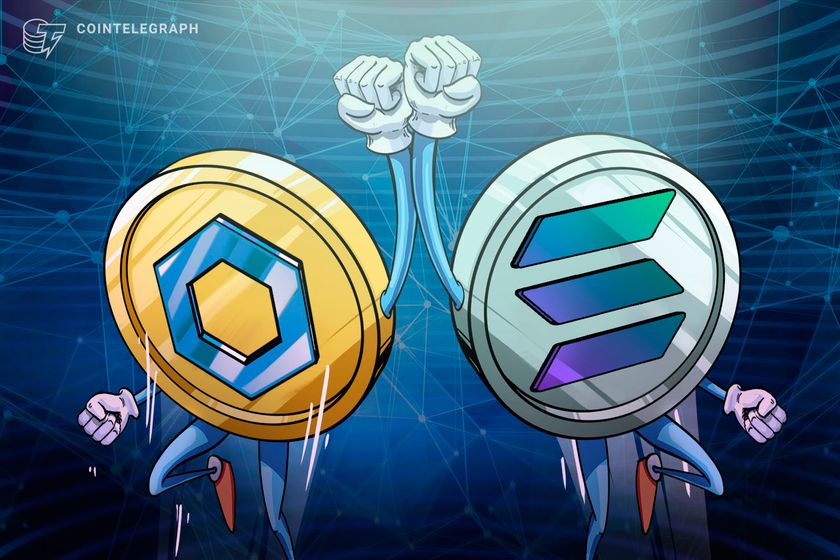The secret to a successful job search? An accountability buddy
Job searching can feel like a full-time job in and of itself. Endless networking coffees and cover letter drafts can make it easy to get discouraged. And while it’s helpful to get support from family, friends, and your significant other, they may not truly grasp the day-to-day grind that’s needed to keep the momentum going. In fact, for many, searching for a job is an isolating experience. According to a recent American Staffing Association/Harris Poll Workforce Monitor survey, 72% of Americans say applying for jobs can feel like sending résumés into a “black box.” And four out of 10 unemployed U.S. job seekers revealed they didn’t land a single job interview in a year. This cycle of applying for jobs and not hearing back can lead to frustration, hopelessness and loneliness, says Richard Wahlquist, chief executive officer at the American Staffing Association. One way to keep up a productive job search is to find a job-search partner. Experts say this support can help keep you motivated and feeling supported. Here’s how to best work with another job searcher to both secure new roles: 1. You’ll gain an extra set of eyes and ears There’s only so many hours in the day and so many networking channels one can explore. So, having a job partner—especially one searching in the same industry—can double your outreach. “They can identify job openings you missed,” says Wahlquist. 2. They can help you polish your materials and prep for interviews A job search partner can not only assist with proofreading, but they can also offer you a fresh perspective on your cover letter, and provide suggestions on how to customize your résumé for each position you apply for. Interview prep is also paramount, and Walhquist says a job search partner can provide very helpful roleplay as you practice answering challenging interview questions. These exercises can improve your communication skills and boost your confidence. 3. They can help you stay motivated Knowing that someone depends on your support can be motivating. “There’s an extra layer of accountability on days when the last thing you feel like doing is applying for another job,” says Wahlquist. How to choose a job search buddy It’s a personal decision whether to partner with a job seeker in your same industry—and of course depends on who you know who might also be searching for a job at the same time. Here are a few reasons why picking someone in the same field can be helpful: They understand the industry. Jenny Wood, a career-development expert and author of the new book Wild Courage: Go After What You Want and Get It, says picking a person in your field can be a good move, even if you’re worried about potential competition. “There are hundreds of thousands of jobs out there,” says Wood. “They only need one and you only need one. There are enough to go around.” They can give real feedback. Not only can they help you choose winning résumé keywords and bullet points, an insider can also help you grasp “what a solid versus mediocre answer is to an interview question,” says Wood. They’ll also better understand what certain role descriptions mean when you are both searching and applying. How to be sure a job search partner adds value Gaining support can only help you on your employment journey. “Job seekers who end up with the most options and, eventually, the best jobs are the ones who enlist as many people and resources as possible to support their job searches,” says Walhquist. But be sure to keep an eye on the prize of getting a job, and keep the interactions productive. “While it may be comforting to constantly touch base with your job search partner, make sure the relationship is not getting in the way of your actual search,” says Wahlquist. “Sitting in a café with your friend may be fun, but at the end of the day, you have to actually do the work to apply for jobs.” How often to check in The frequency of check-ins depends on the individuals involved, says Matthew A. Solit, LMSW, executive clinical director with LifeStance Health. “Weekly may work for some, but for others, higher frequency can increase accountability.” It’s all about what works for you and your accountability partner or partners. “Mutually agreed upon communication patterns and a framework for accountability is key to a good working partnership,” adds Solit. What to do when one of you gets a job There is a high likelihood that one member of the partnership will be offered a position before the other. And, says Solit, when one member of the team succeeds, everyone succeeds. “It’s not a race, and it’s not about winning or losing,” says Solit. “It is important to continue to support your job-search peers even if you are hired first and to see the mutual commitment to accountability through to the end for both members.”

Job searching can feel like a full-time job in and of itself. Endless networking coffees and cover letter drafts can make it easy to get discouraged. And while it’s helpful to get support from family, friends, and your significant other, they may not truly grasp the day-to-day grind that’s needed to keep the momentum going.
In fact, for many, searching for a job is an isolating experience. According to a recent American Staffing Association/Harris Poll Workforce Monitor survey, 72% of Americans say applying for jobs can feel like sending résumés into a “black box.” And four out of 10 unemployed U.S. job seekers revealed they didn’t land a single job interview in a year.
This cycle of applying for jobs and not hearing back can lead to frustration, hopelessness and loneliness, says Richard Wahlquist, chief executive officer at the American Staffing Association.
One way to keep up a productive job search is to find a job-search partner. Experts say this support can help keep you motivated and feeling supported.
Here’s how to best work with another job searcher to both secure new roles:
1. You’ll gain an extra set of eyes and ears
There’s only so many hours in the day and so many networking channels one can explore. So, having a job partner—especially one searching in the same industry—can double your outreach. “They can identify job openings you missed,” says Wahlquist.
2. They can help you polish your materials and prep for interviews
A job search partner can not only assist with proofreading, but they can also offer you a fresh perspective on your cover letter, and provide suggestions on how to customize your résumé for each position you apply for.
Interview prep is also paramount, and Walhquist says a job search partner can provide very helpful roleplay as you practice answering challenging interview questions. These exercises can improve your communication skills and boost your confidence.
3. They can help you stay motivated
Knowing that someone depends on your support can be motivating. “There’s an extra layer of accountability on days when the last thing you feel like doing is applying for another job,” says Wahlquist.
How to choose a job search buddy
It’s a personal decision whether to partner with a job seeker in your same industry—and of course depends on who you know who might also be searching for a job at the same time. Here are a few reasons why picking someone in the same field can be helpful:
- They understand the industry. Jenny Wood, a career-development expert and author of the new book Wild Courage: Go After What You Want and Get It, says picking a person in your field can be a good move, even if you’re worried about potential competition. “There are hundreds of thousands of jobs out there,” says Wood. “They only need one and you only need one. There are enough to go around.”
- They can give real feedback. Not only can they help you choose winning résumé keywords and bullet points, an insider can also help you grasp “what a solid versus mediocre answer is to an interview question,” says Wood. They’ll also better understand what certain role descriptions mean when you are both searching and applying.
How to be sure a job search partner adds value
Gaining support can only help you on your employment journey. “Job seekers who end up with the most options and, eventually, the best jobs are the ones who enlist as many people and resources as possible to support their job searches,” says Walhquist.
But be sure to keep an eye on the prize of getting a job, and keep the interactions productive. “While it may be comforting to constantly touch base with your job search partner, make sure the relationship is not getting in the way of your actual search,” says Wahlquist. “Sitting in a café with your friend may be fun, but at the end of the day, you have to actually do the work to apply for jobs.”
How often to check in
The frequency of check-ins depends on the individuals involved, says Matthew A. Solit, LMSW, executive clinical director with LifeStance Health. “Weekly may work for some, but for others, higher frequency can increase accountability.” It’s all about what works for you and your accountability partner or partners. “Mutually agreed upon communication patterns and a framework for accountability is key to a good working partnership,” adds Solit.
What to do when one of you gets a job
There is a high likelihood that one member of the partnership will be offered a position before the other. And, says Solit, when one member of the team succeeds, everyone succeeds. “It’s not a race, and it’s not about winning or losing,” says Solit. “It is important to continue to support your job-search peers even if you are hired first and to see the mutual commitment to accountability through to the end for both members.”





















































.jpg)
%20Abstract%20Background%20112024%20SOURCE%20Amazon.jpg)





















































































































![[The AI Show Episode 142]: ChatGPT’s New Image Generator, Studio Ghibli Craze and Backlash, Gemini 2.5, OpenAI Academy, 4o Updates, Vibe Marketing & xAI Acquires X](https://www.marketingaiinstitute.com/hubfs/ep%20142%20cover.png)















































































































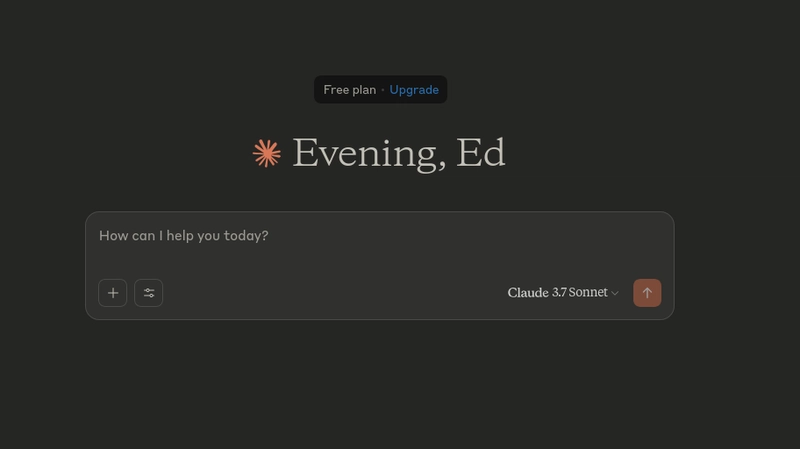
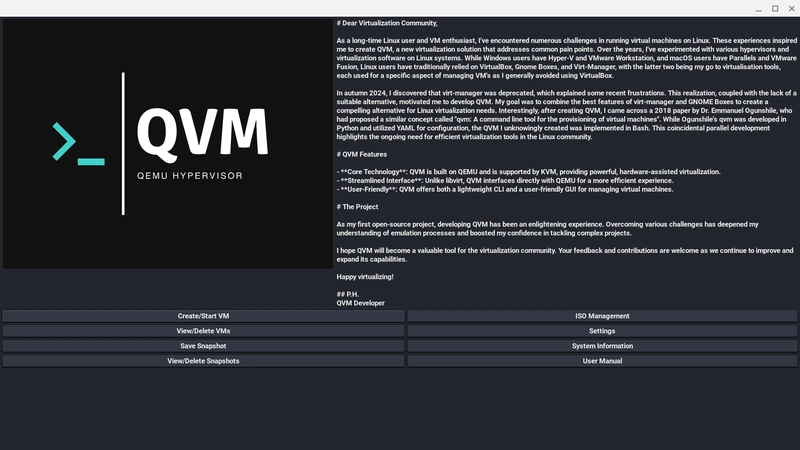
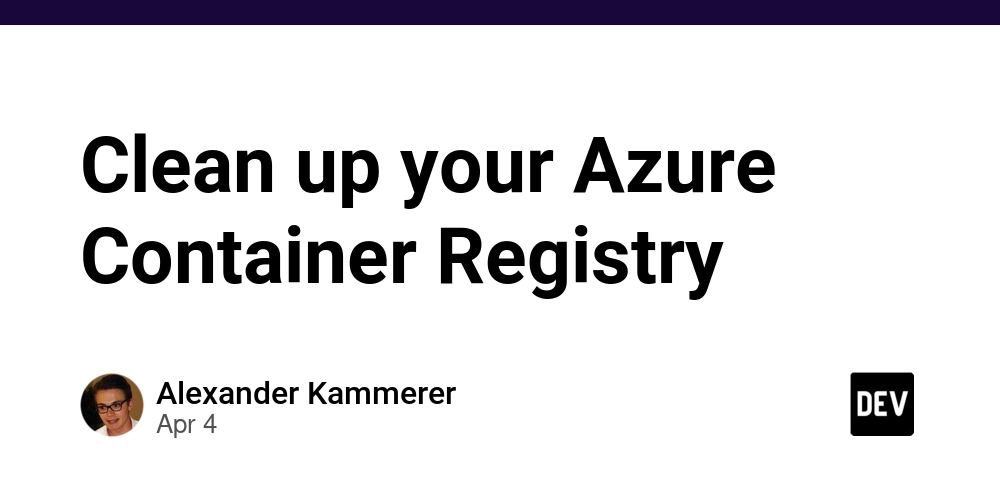















































































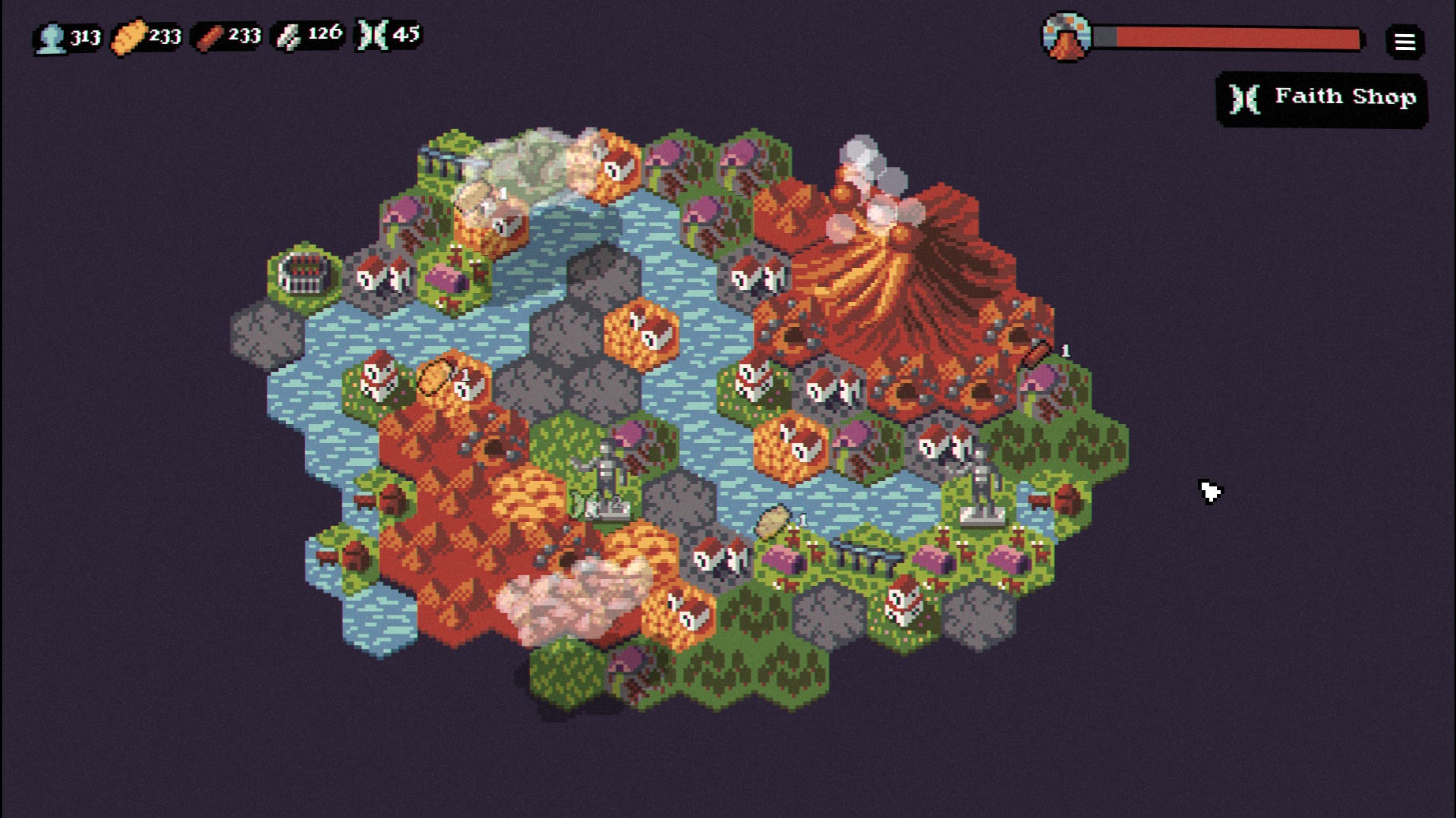


























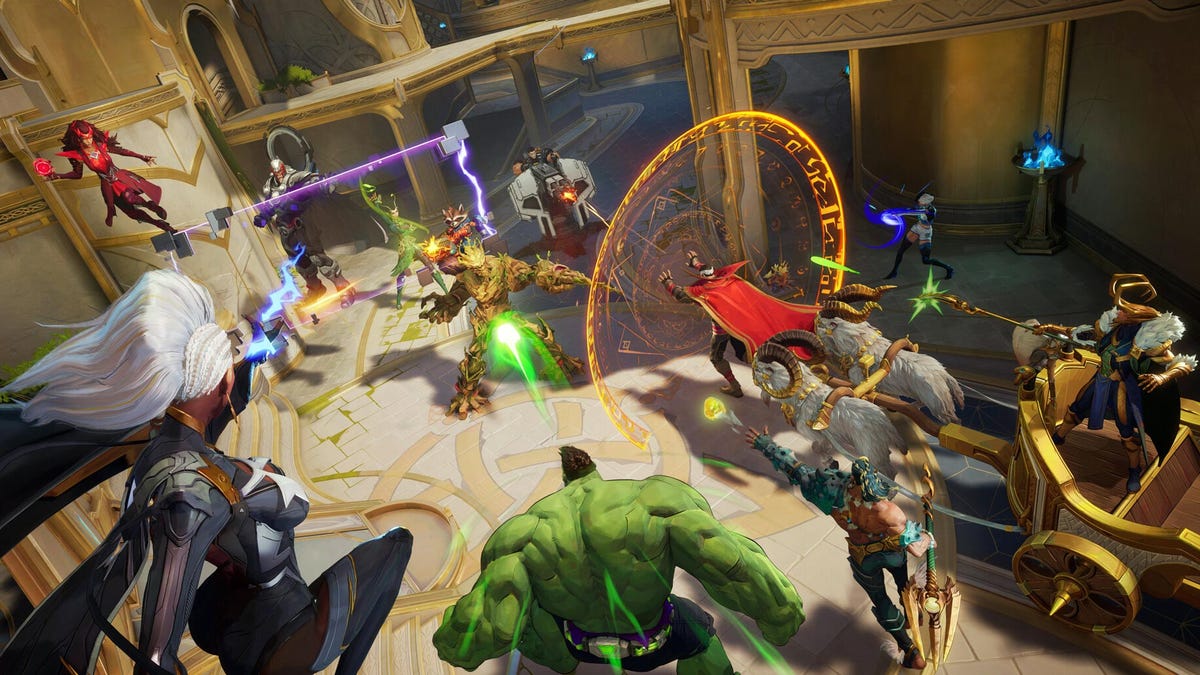

























-Nintendo-Switch-2-–-Overview-trailer-00-00-10.png?width=1920&height=1920&fit=bounds&quality=80&format=jpg&auto=webp#)





















_Anna_Berkut_Alamy.jpg?#)
























































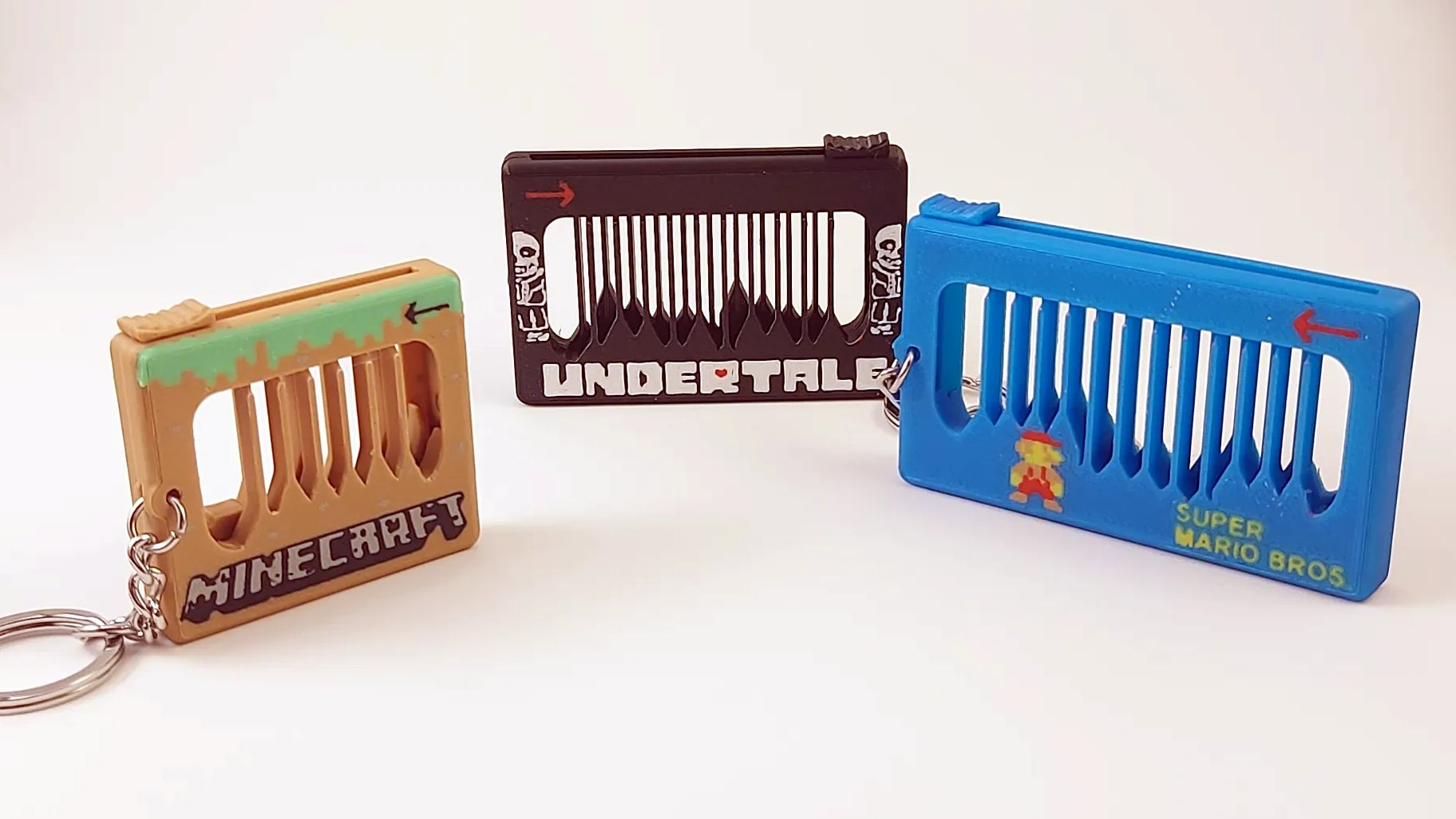


















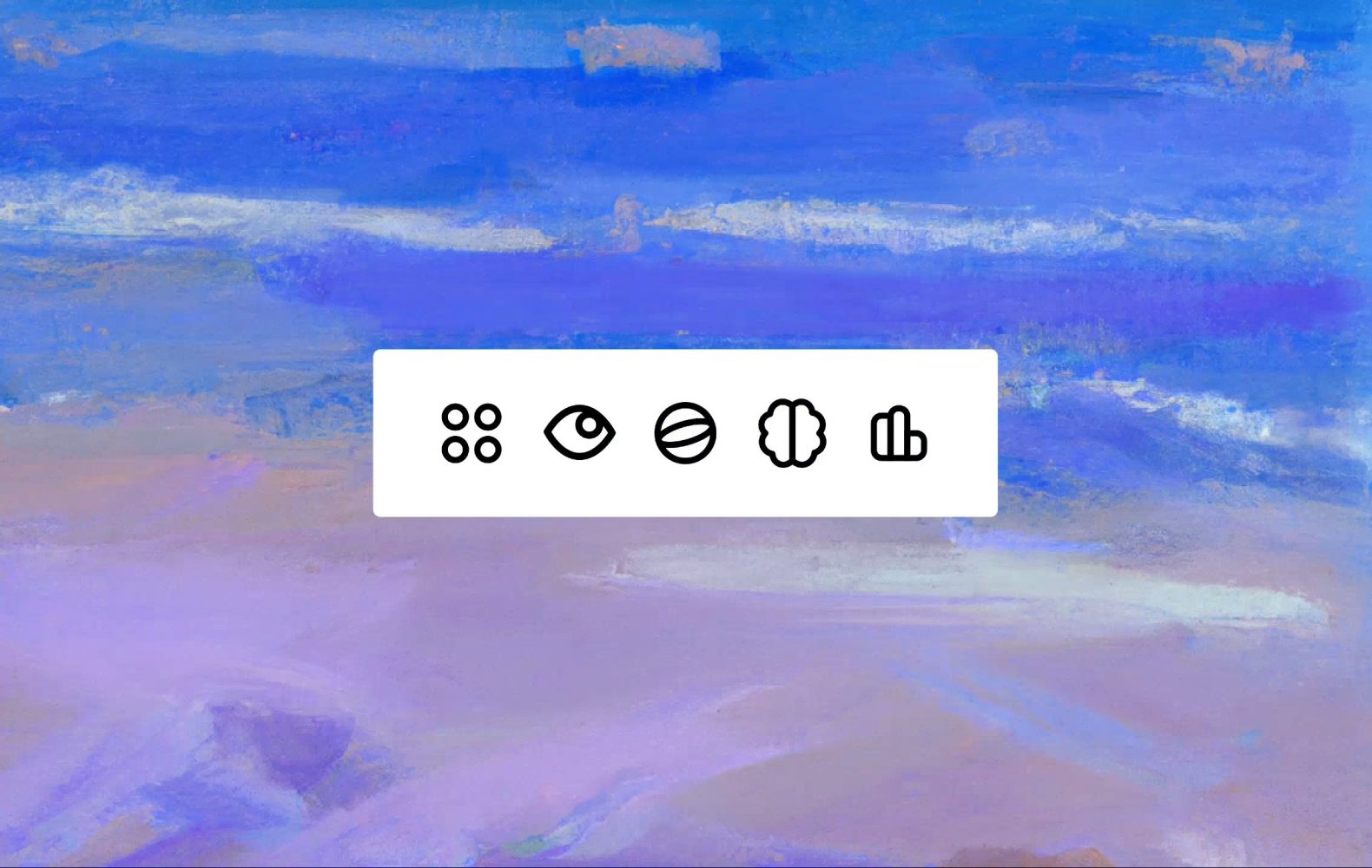

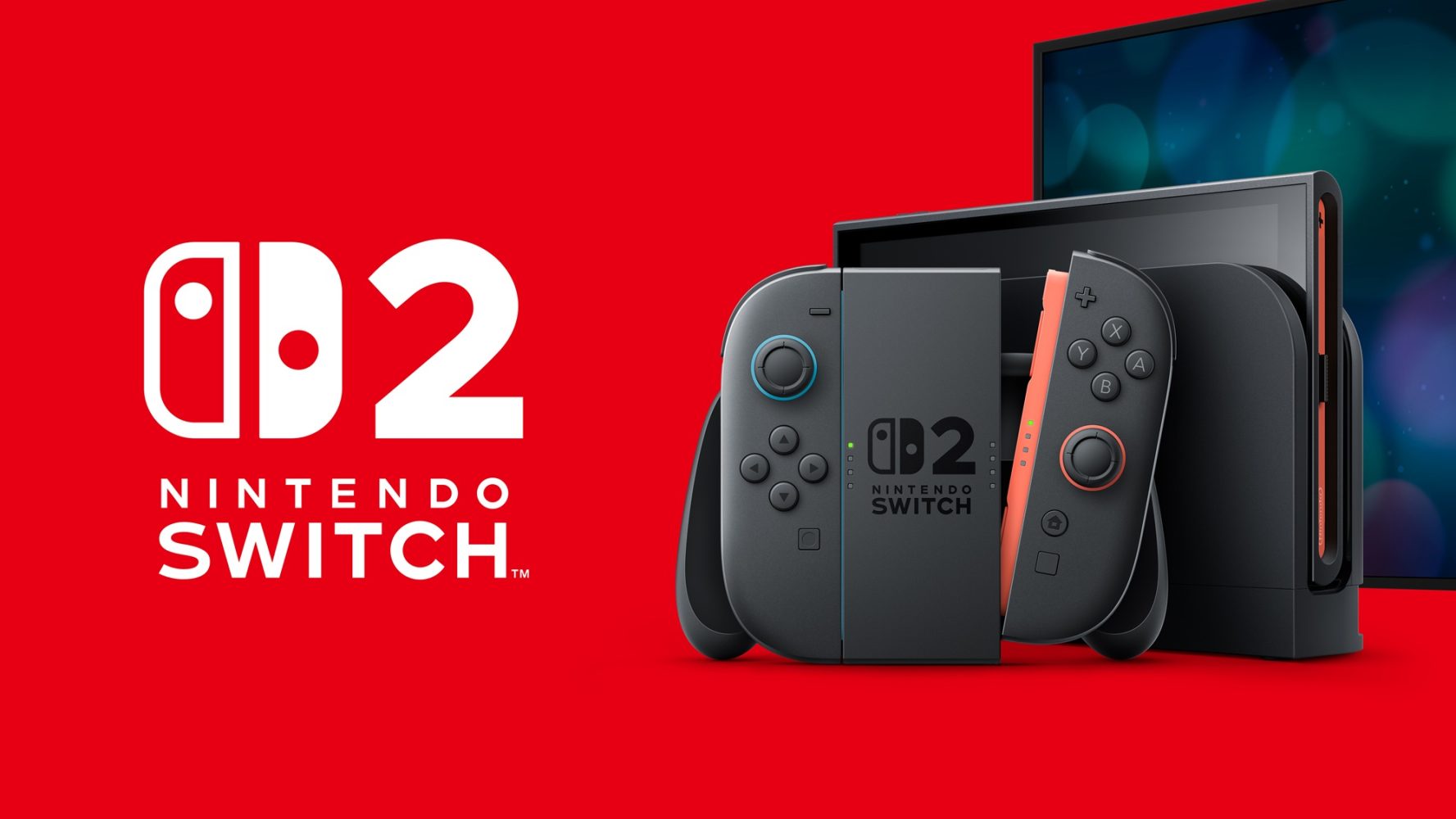


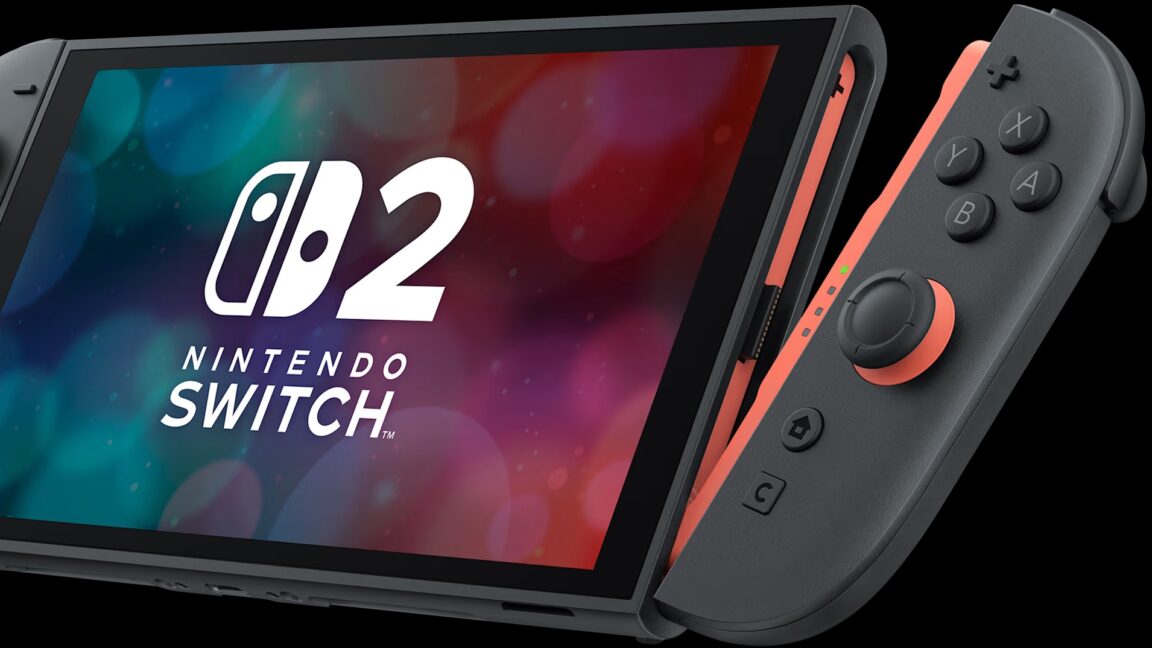






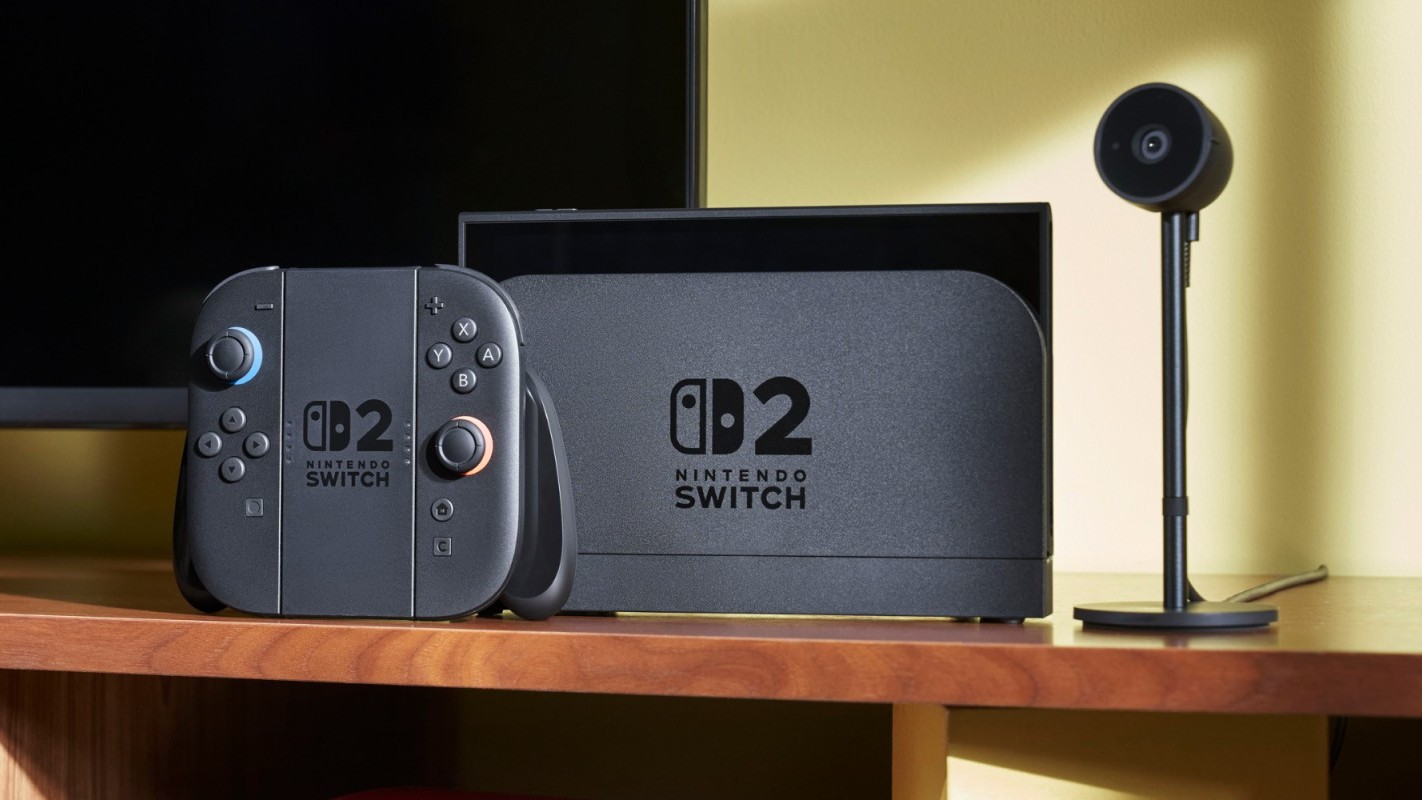


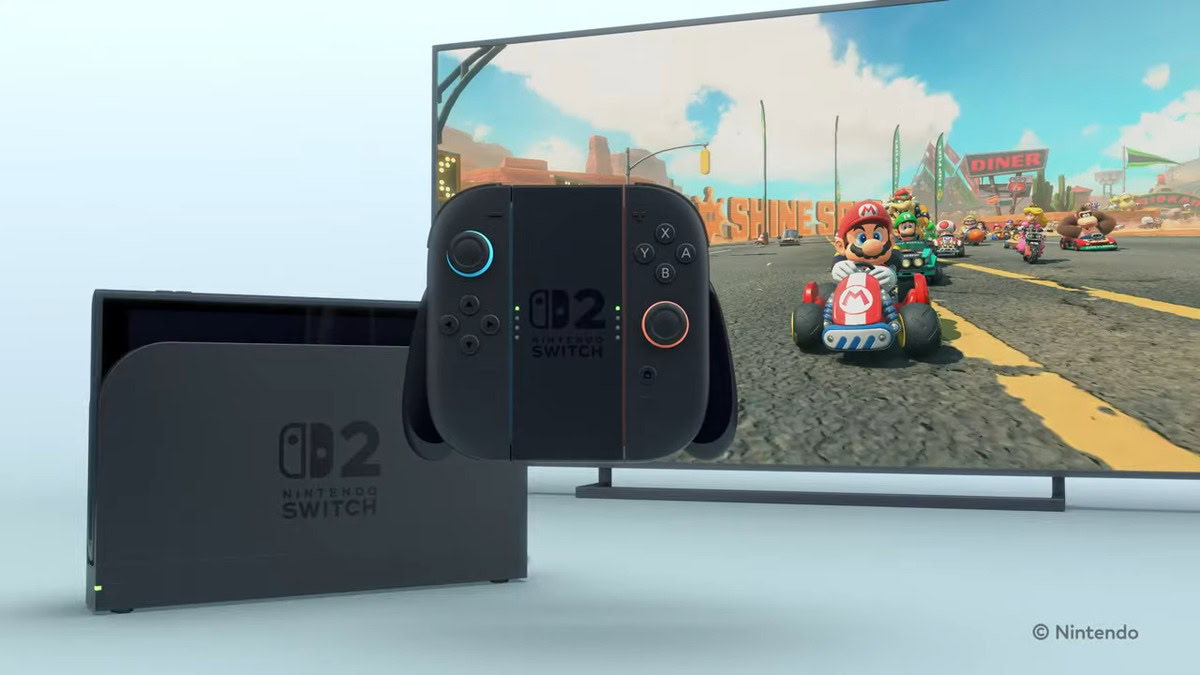
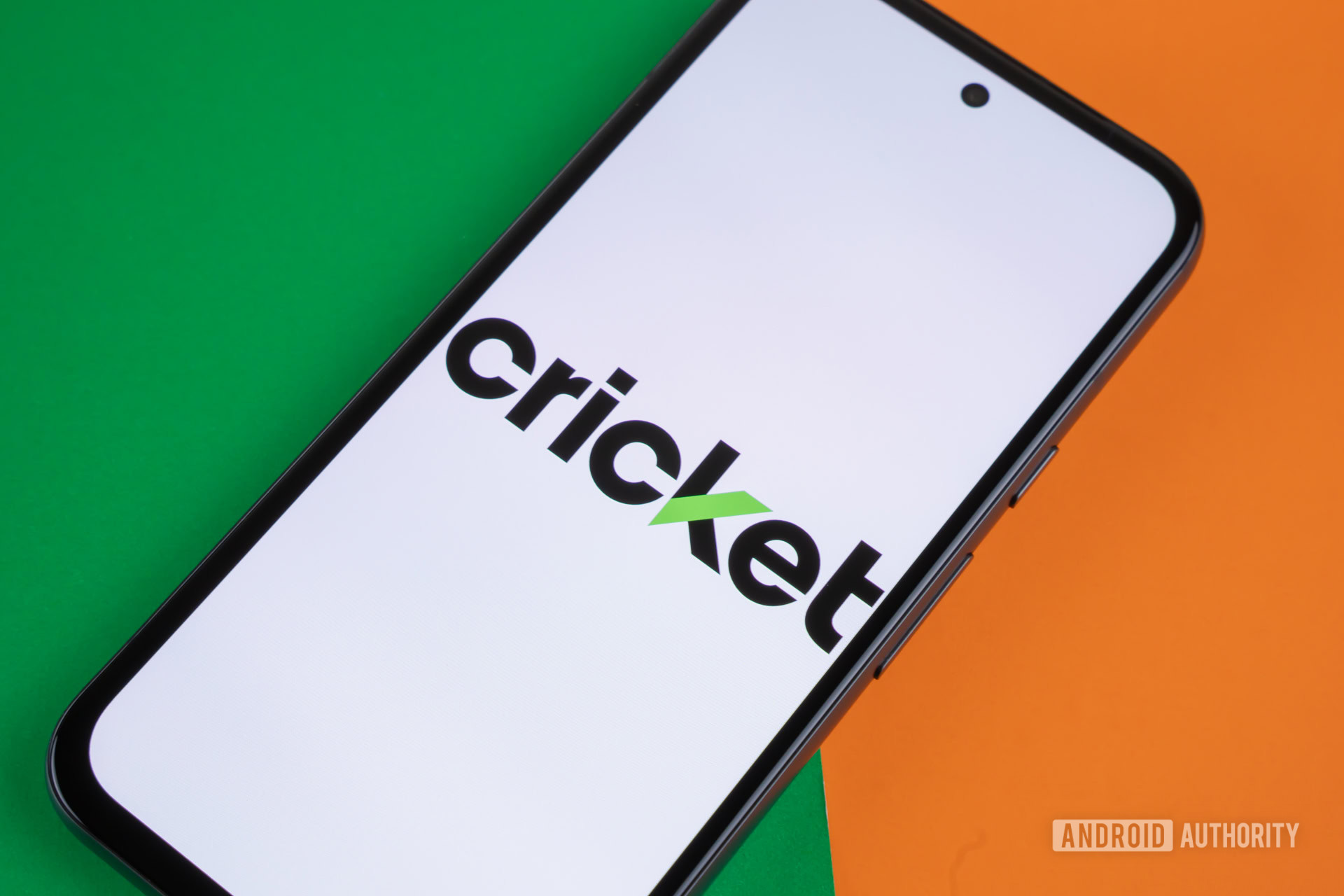





















![YouTube Announces New Creation Tools for Shorts [Video]](https://www.iclarified.com/images/news/96923/96923/96923-640.jpg)
















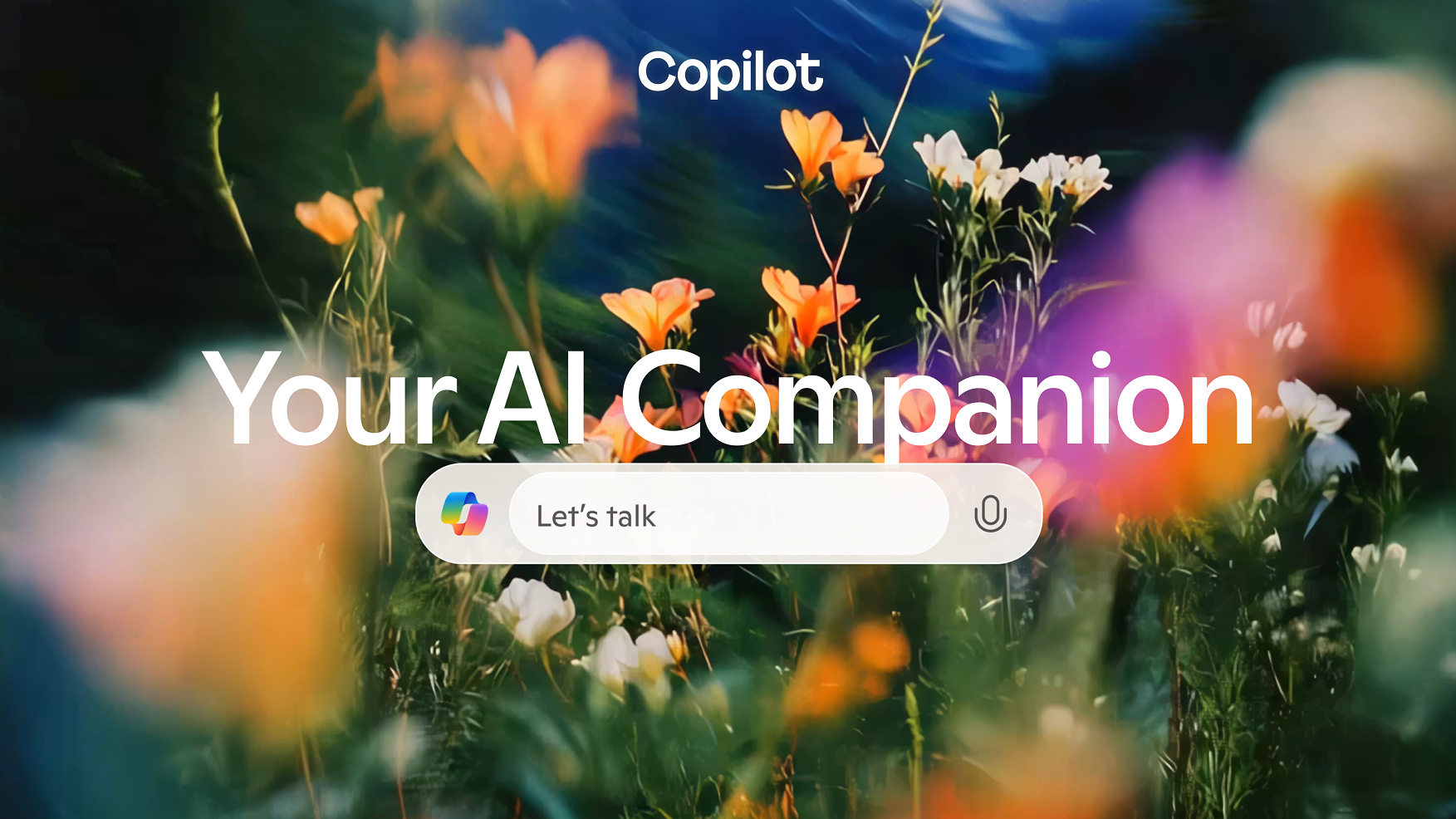
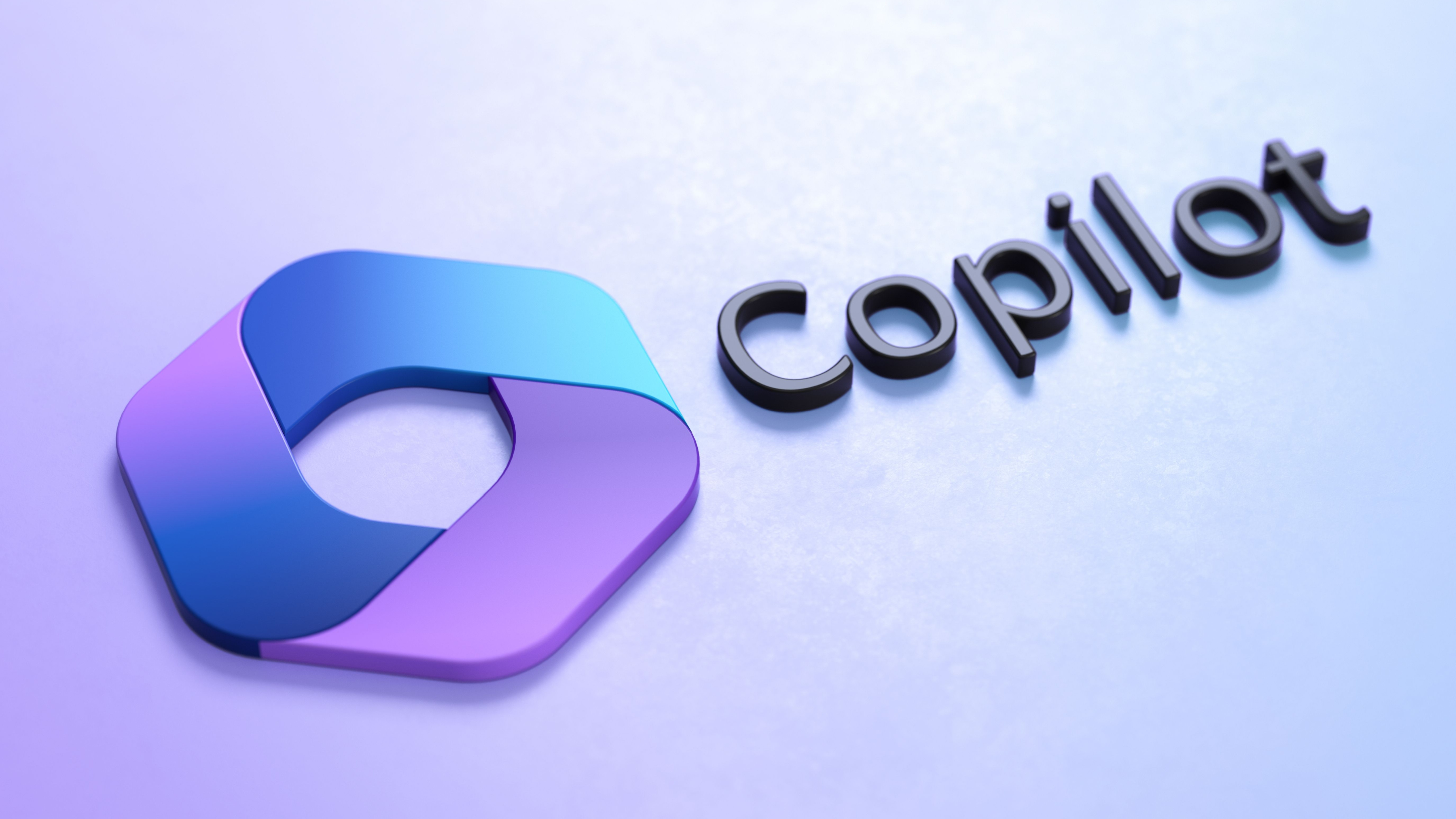























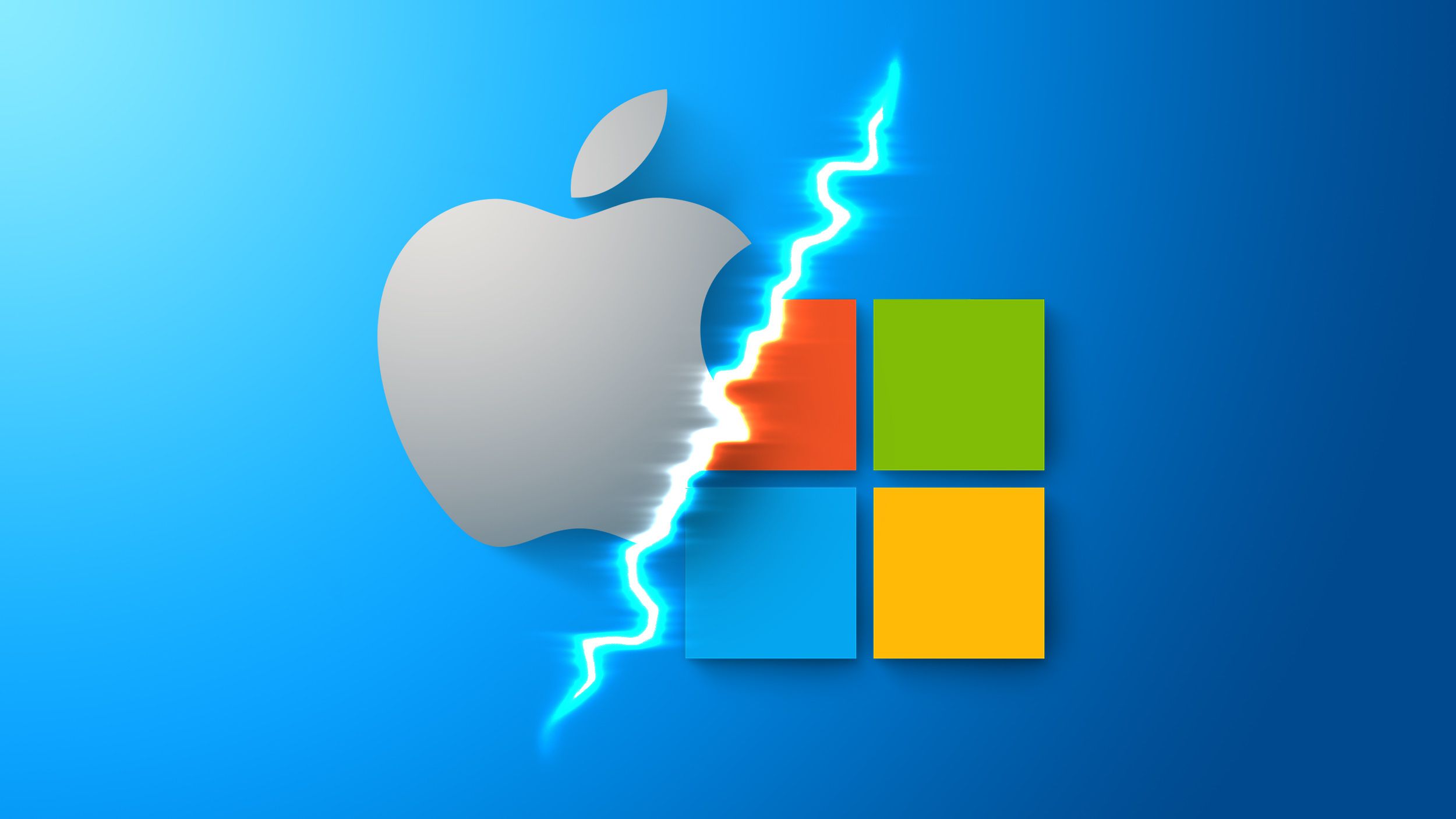

























![[Weekly funding roundup March 29-April 4] Steady-state VC inflow pre-empts Trump tariff impact](https://images.yourstory.com/cs/2/220356402d6d11e9aa979329348d4c3e/WeeklyFundingRoundupNewLogo1-1739546168054.jpg)



















































